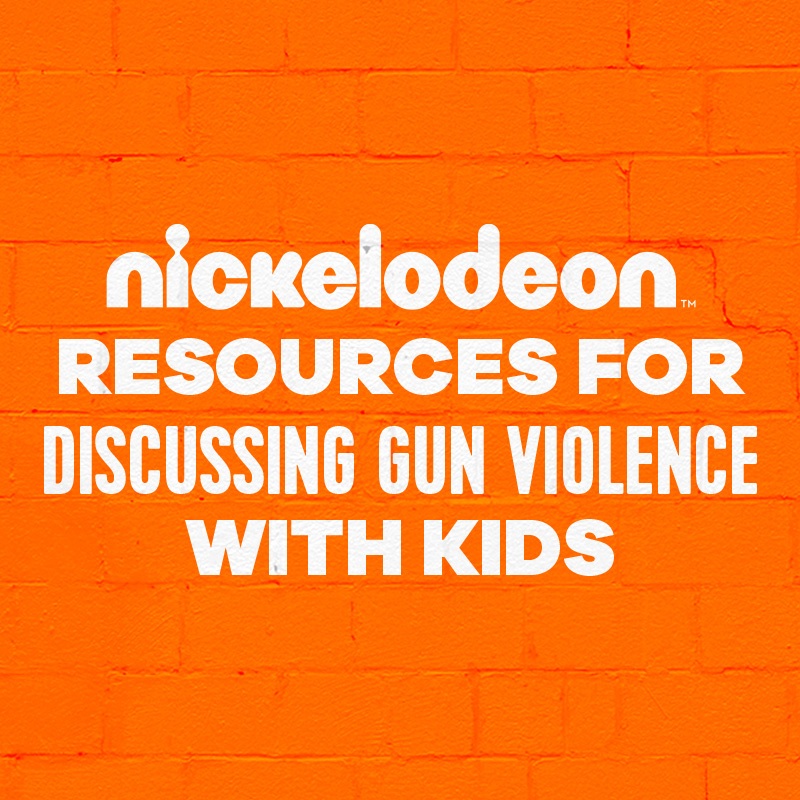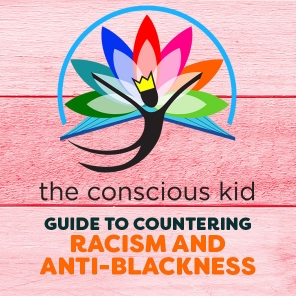
Helping children process the emotions and thoughts that arise surrounding recent violence in communities across the country is incredibly challenging for their parents, older siblings and other caregivers. The mass shootings that take the lives of and traumatize kids at school are heartbreaking, maddening, and unconscionable. These incidents create and increase anxiety in our children and in us as adults.
When these moments happen, it can be immensely helpful to rely on trusted resources to guide your support for your child and for yourself. Take a moment to acknowledge your feelings and ground yourself by exploring these helpful pointers from psychologists, educators, and other experts.
- The American Academy of Pediatrics for parents: Talking to Children About Tragedies & Other News Events
- American Psychological Association: Helping your children manage distress in the aftermath of a shooting
- Children’s Hospital of Philadelphia: Tips for Parents on Talking to Children Exposed to Violent Events
- Common Sense Media: Explaining the News to Our Kids
- GroundControlParenting: How Do We Talk with Our Children About These Latest Massacres?
Seeking Additional Help
These issues can be difficult to work through alone. If you or your child are experiencing an overwhelming sense of sadness, it is okay to seek professional help. Here are a few anonymous, multilingual, and accessible organizations with helplines and professionals who can help you get through the difficult moments.
- National Alliance on Mental Illness: 1-800-950-NAMI (6264) or helpline@nami.org
- The National Child Traumatic Stress Initiative
Guidance from Dr. George James, LMFT
Responding to mass shootings and violence is difficult and comes with a lot of anxiety for parents and caregivers. It also reminds us that the most important thing we can do is show love, care and provide as much safety as we can for our children.
– Dr. James
Please keep a few things in mind as you speak with our child(ren):
1. Pay attention and acknowledge your own anxiety, fear, and frustration.
2. Engage them from a place of love and safety.
3. Listen to their fears, concerns and worries.
4. Be patient and kind if it takes them time to share their thoughts.
5. Remind them that your job is to always keep them safe.
6. Share age-appropriate information (the older they are the more you share).
7. Try to be their first source of information and values.
8. Be mindful of your household media and social media use in the wake of a tragedy.
9. Pay attention to sleep, eating and behavior changes.
10. Model self-care and healthy soothing techniques (breathing, walking, writing, etc).
11. Keep adult conversations (about your anger, politics, etc) out of earshot of children.
12. Recognize that one conversation won’t be enough. Circle back the next day and/or in a few days after to check in.
13. Take care of yourself as well.
14. Reach out for help from therapists and mental health professionals.





